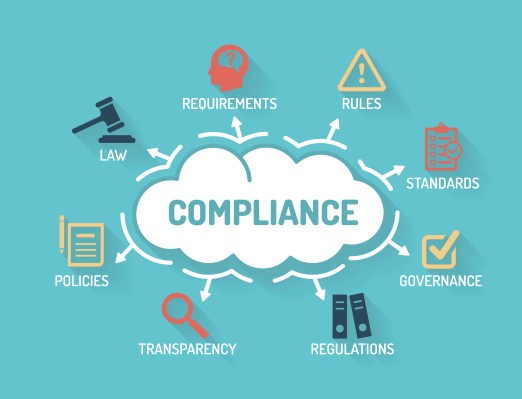Manik Suri, a former D.E. Shaw hedge fund wunderkind, for years has been wrestling with how best to help government put compliance policy into practice.
A recent affiliate at Harvard’s Berkman Center for Internet & Society and former director on the board of Entrepreneurship for America, Suri’s public service included a stint on the White House National Economic Council.
While there, he saw how difficult it was for government agencies to ensure proper oversight. The system clearly failed in the wake of the housing crisis that brought the U.S. economy to the brink of total collapse… and the economy took nearly a decade to recover.
Suri’s company, MeWe, the “TurboTax for compliance,” was born out of his frustration with that experience.
Founded in 2014, the company raised a $2.3 million seed round earlier this year from investors, including Urban Us, the government technology and climate-focused early-stage investment fund, and the GovTech fund (whose limited partners include Jeff Bezos and former General David Petraeus).
“I thought maybe there was a better way to get things done outside of government,” Suri said.
MeWe wasn’t Suri’s first foray into work at the intersection of technology and policy.
His first stop was Harvard, where (as a third year) he co-founded the Governance Laboratory as a collaborative institute between MIT and NYU. Working with Beth Noveck, Suri launched the center to find ways to use technology to improve data management and public-private collaboration.
MeWe is, in many ways, the continuation of Suri’s work with the GovLab.
To round out his founding team, Suri enlisted Aaron Cohen, the former chief executive of MenuPages and a professor of internet history at NYU, and Ranjeet Sidhu, a serial entrepreneur who served as the chief executive at DrCatalyst.
Together, the three men have created a software tool that attempts to ease the burden of compliance reporting.
The company focuses on health and safety certifications and inspections for companies operating mainly in the food and housing sectors, Suri told me.
The idea is to make it easier for everyday employees and management to run compliance checks and distribute that information to local and state oversight agencies.
MeWe makes money from both companies and governments. New York is already a key customer, as are the fast-casual TGI Fridays restaurant chain and is in the process of having a request for proposal vetted by Walmart. And MeWe is also in discussions with two large fast-food franchises to be the system of record for their food-safety compliance and oversight efforts internationally.
Given the current laxity of government oversight at the federal level, Suri takes great pains to underscore the fact that the company focuses on local and state regulatory agencies (which these days are far more eagle-eyed in their oversight than their federal counterparts).
Beyond retail and fast food, Suri looks ahead to the day when regulatory bodies will begin taking a closer look at the vendors in sharing-economy marketplaces.
While Airbnb may not own real estate, the day could require standards with which hosts would have to comply. In that instance, a service like MeWe’s CoInspect product could prove to be very handy.
“As industries start to see these laws coming out, they’re starting to see a way to get ahead of them,” Suri said. “Us.”
